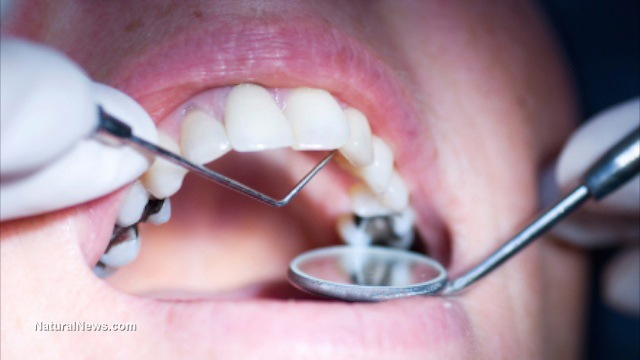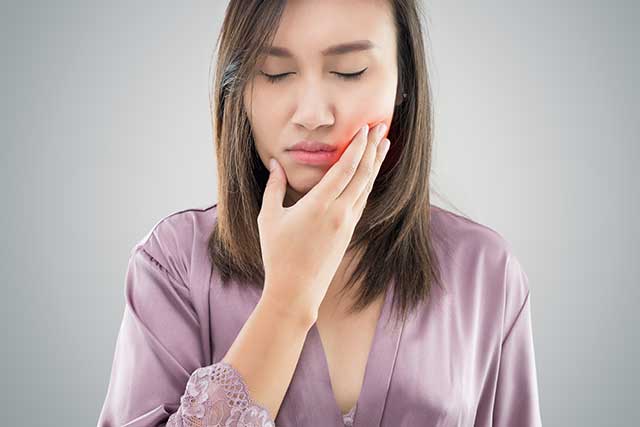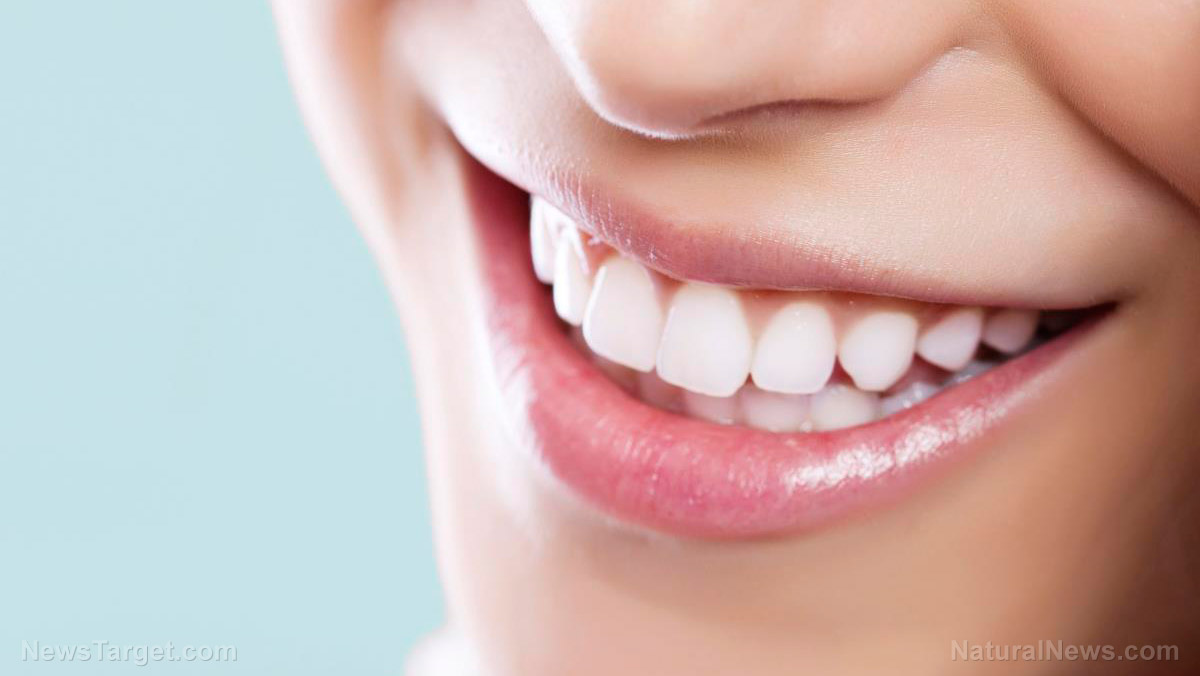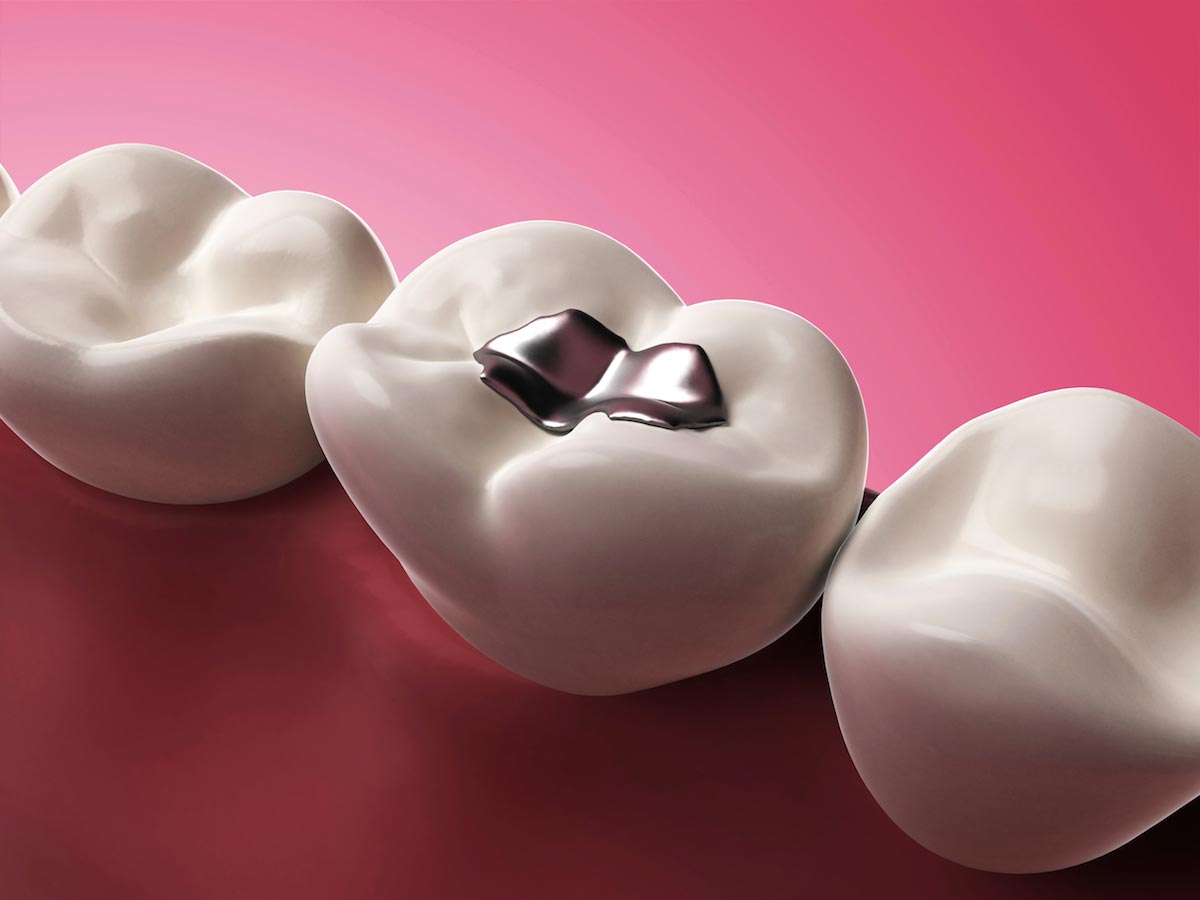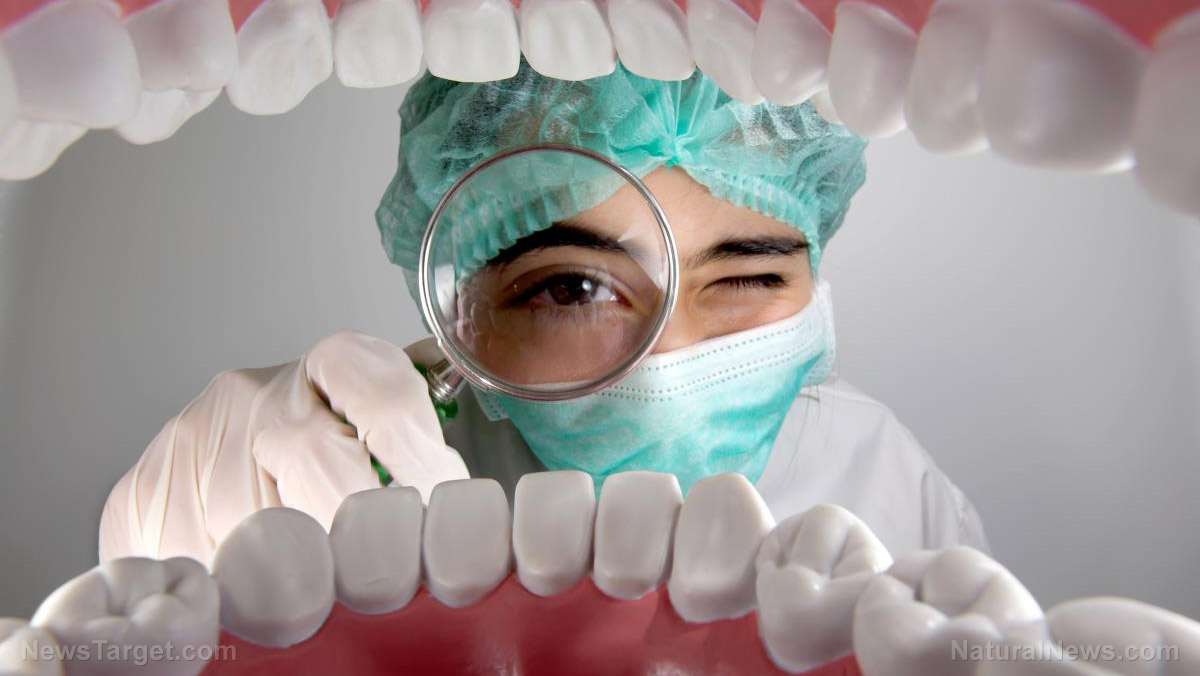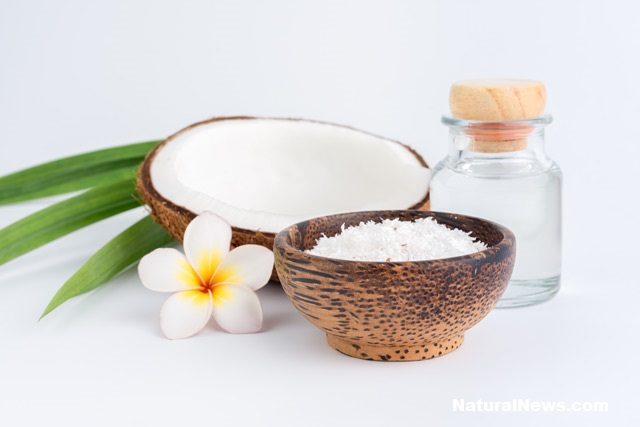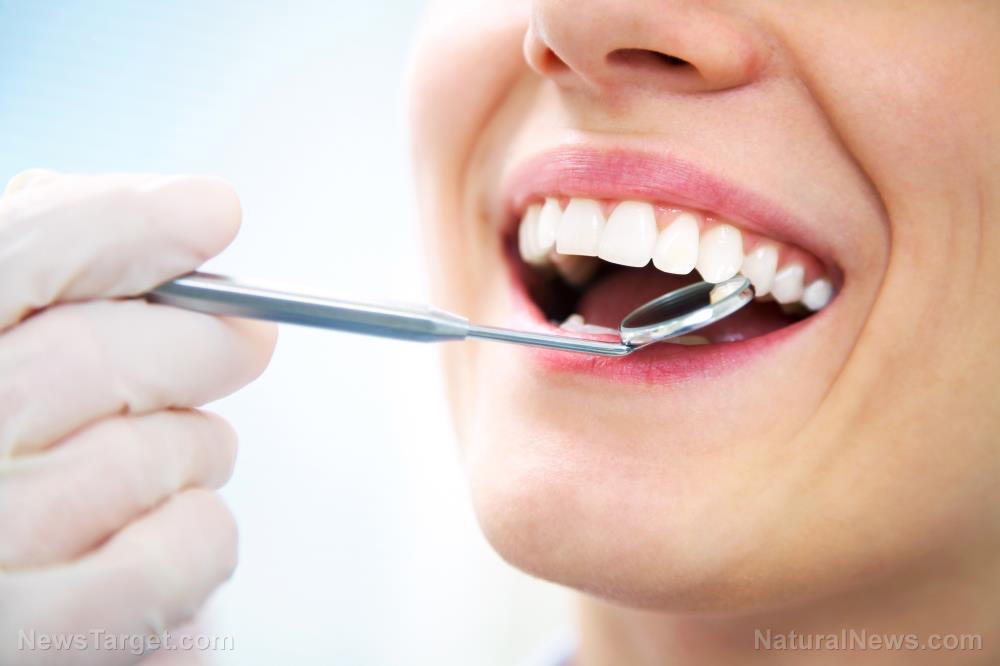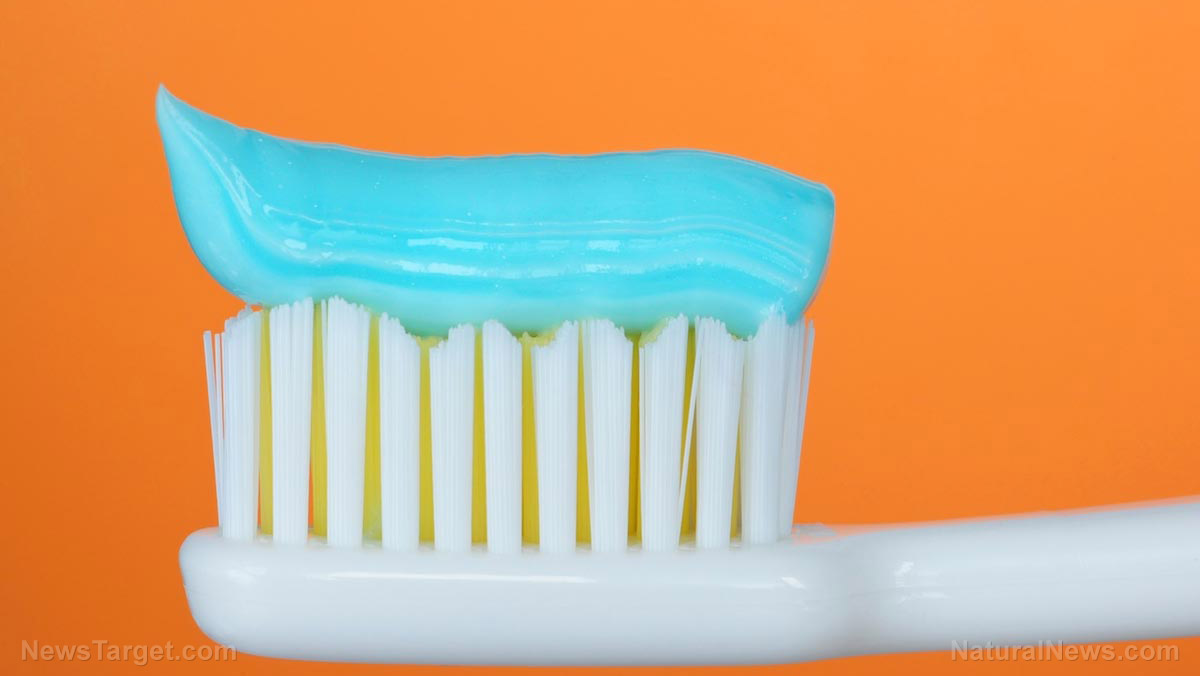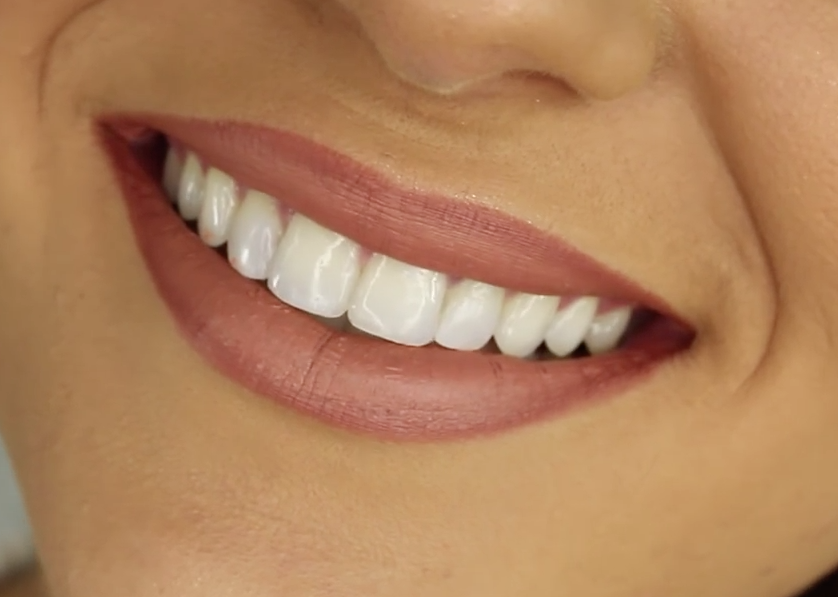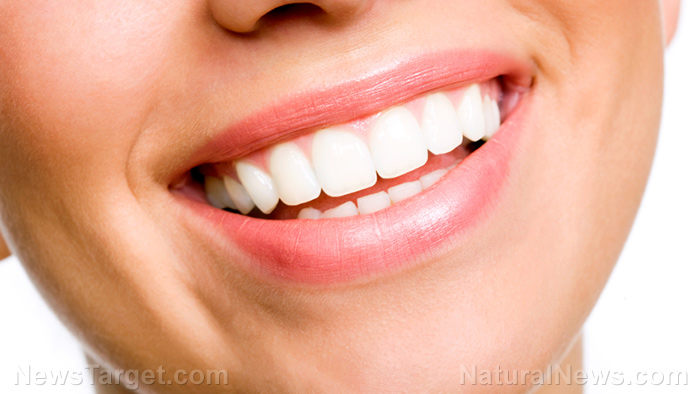Biogenic dental products could rebuild teeth and cure cavities
05/21/2018 / By Edsel Cook
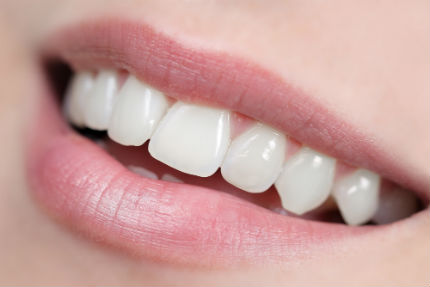
Washington-based researchers have developed a biogenic formula that can restore lost minerals in the teeth due to wear and tear, as well as decay. The formula also rebuilds teeth and repairs dental cavities in the same way the body forms enamel tissue with proteins, according to an article on Futurity.
Mehmet Sarikaya, leader of the University of Washington (UW) research team, asserted that peptide-guided re-mineralization would be a cheaper, healthier, and less painful method of treatment than existing dental health care. They also claim that it will be so easy-to-use that it can become a part of a person’s daily dental care regimen.
An expert in multiple fields of science, Sarikaya explained that biogenic dental products would become simple enough to be administered as over-the-counter products. They will also be effective enough to match older clinical treatments.
The World Health Organization (WHO) considers dental cavities to be a major problem. A cavity can happen to anyone, and it usually brings other health issues like pain and infection. (Related: The dangers of poor oral health and why conventional products and dentists often make it worse.)
Furthermore, treatment procedures for dental cavities and associated conditions can cost a lot of money. The direct and indirect expenses are a heavy cross to bear for both individuals and healthcare systems.
Seemingly harmless dental cavities are serious health concerns for WHO, CDC
Sarikaya’s co-author, associate professor of restorative dentistry Sami Dogan, said that bacteria in the mouth break down fermentable carbohydrates like sugar for food. The microbes produce byproducts like acid, which leaches minerals from the dental enamel and results in tooth decay.
The harmless appearance of early tooth decay is misleading. The growing cavity must not be allowed to get through the enamel and reach the inner part of the tooth.
Untreated tooth decay might result in the loss of the affected tooth. The negative consequences of a decayed or lost tooth can spread to the remaining teeth, the tissues, surrounding the wounded area of the gum, and the general health of the patient.
The best way to fight tooth decay is through good oral hygiene. In the last five decades, many Americans have taken up proper brushing and flossing, so cavities have lost much of their old bite. However, there are a number of socioeconomic groups that remain vulnerable to tooth decay to this very day.
In addition, the Centers for Disease Control and Prevention (CDC) warned that incidences of “dental caries” (the technical term for tooth decay) in the U.S. are rising once more.
Peptide-based tooth repair technology mimics natural proteins that form teeth
Searching for ways to prevent tooth decay, the UW researchers looked at the proteins and process used by the body to form teeth. They took particular interest in the protein called amelogenin, an important ingredient for hard crown enamel.
Using what they learned about amelogenin and tooth formation, the researchers came up with a number of peptides. The smaller and simpler cousins of proteins, these particular peptides have similar tooth-building capabilities as amelogenin.
Each use of the peptides added a very thin layer of new enamel to the tooth. Over time, they can restore lost enamel and reverse tooth decay.
“These peptides are proven to bind onto tooth surfaces and recruit calcium and phosphate ions,” said co-author Deniz Yucesoy, who helped develop the peptides.
The peptide-based technology is still undergoing development. A finished version could see use in biomimetic composites, gels, toothpastes, and solutions. Expected to be available at both public health facilities and in homes, these enamel-repairing products should be simple and safe enough to be used by children.
Sink your teeth into more articles on dental health at Dentistry.news.
Sources include:
Tagged Under: dental care, dental caries, dentistry, enamel, enamel erosion, enamel loss, future science, health care, Medicine, peptides, Proteins, teeth, tooth, tooth decay, Tooth Decay Prevention, tooth enamel

